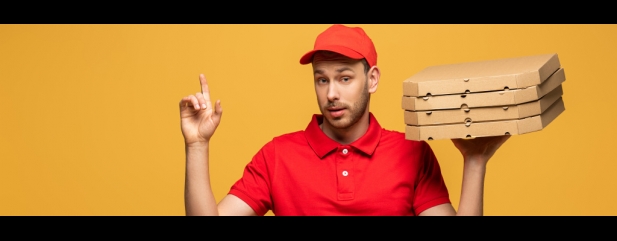Archived article
Please note that tax, investment, pension and ISA rules can change and the information and any views contained in this article may now be inaccurate.
Have investors lost their appetite for IPOs after Deliveroo?

Many UK retail investors have been left bruised by the disastrous stock market flotation of food-delivery app Deliveroo (ROO), which has continued to fall in price since joining the market.
Only time will tell if Deliveroo can deliver on heady expectations, but investors should resist any temptation to shun all new stock market listings simply because buying shares in the fast-food app didn’t work out in the short-term.
In fact, the UK stock market could see some new additions in the coming weeks and months including cyber security software company Darktrace and money transfer group Wise. Both have the scope to grow sales rapidly.
Other names in the frame include biotech Oxford Nanopore, Zoom and Microsoft video calls rival StarLeaf, music resale website Music Magpie, and digital finance companies AvaTrade and PensionBee.
Darktrace is perhaps the most important UK stock market flotation near-term in terms of convincing the market that London is still an attractive place for companies to list, and that Deliveroo hasn’t ruined the appeal of IPOs. The latter is a term to describe the first time the public can invest in a business.
Demand is clearly strong for Darktrace’s services, yet some potential investors may not like the fact its largest shareholder is Invoke Capital, an investment vehicle owned by Mike Lynch who is facing fraud charges in the US related to the sale of his firm Autonomy in 2011 to computer group Hewlett-Packard.
Questions are being asked about the extent to which Lynch has worked with the company beyond simply being a financial backer.
Another issue to consider is that Lord Hill’s recent proposals to relax the UK stock market listing rules to encourage technology growth businesses to float in London now look less attractive given how Deliveroo was meant to be the poster child for this reform.
The proposals included:
– Allowing dual class share companies in the premium listing segment of the London Stock Exchange
– Lowering the free float requirement from 25% to 15%, which refers to the percentage of shares that are freely available for trading in public hands and not held by strategic investors or directors
– Making it easier for retail investors to get involved with IPOs
There is something inherently democratic about attempts to level the investment playing field, such as giving retail investors the ability to pay the same price as fund managers when a company first joins the stock market.
The flip side is that loosening regulation could make it even easier for investing novices to make costly mistakes that could scare them off for years. Perhaps the best lesson is not to rush in and buy an IPO just because it sounds exciting. It’s never been more important to pay attention to valuation and the risks to investing.
Important information:
These articles are provided by Shares magazine which is published by AJ Bell Media, a part of AJ Bell. Shares is not written by AJ Bell.
Shares is provided for your general information and use and is not a personal recommendation to invest. It is not intended to be relied upon by you in making or not making any investment decisions. The investments referred to in these articles will not be suitable for all investors. If in doubt please seek appropriate independent financial advice.
Investors acting on the information in these articles do so at their own risk and AJ Bell Media and its staff do not accept liability for losses suffered by investors as a result of their investment decisions.

 magazine
magazine








